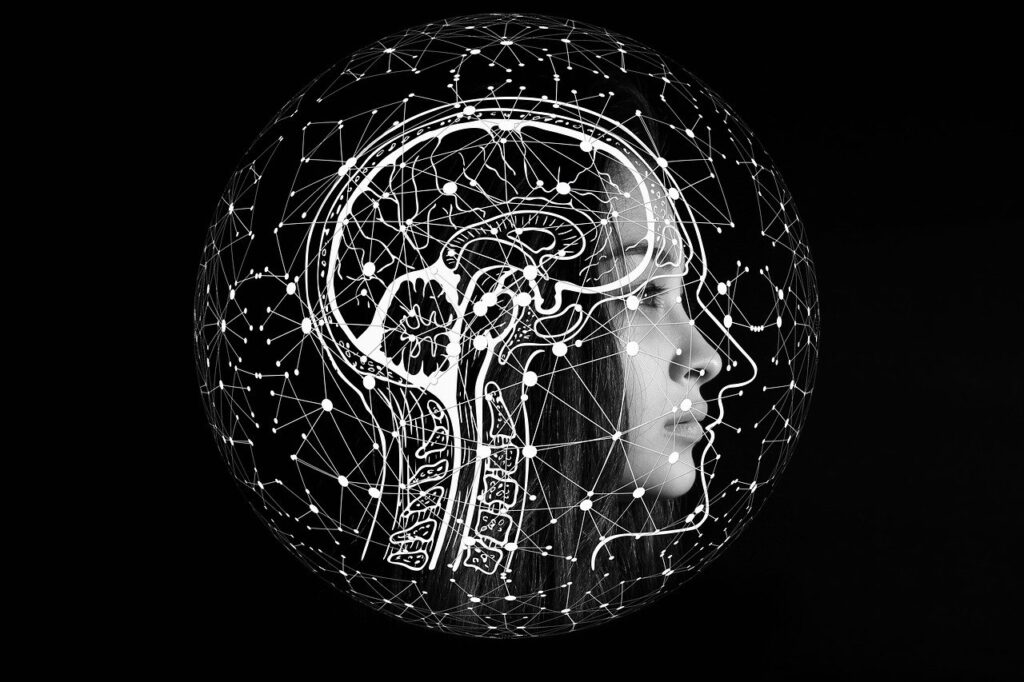Contents
ToggleThe Ethics of AI: Balancing Innovation and Responsibility
Artificial Intelligence (AI) is a rapidly advancing technology that has the potential to revolutionize numerous aspects of our lives. From healthcare to finance, transportation to education, AI is poised to bring about significant improvements in efficiency, accuracy, and speed. However, the development of AI also raises serious ethical concerns. As AI continues to grow and become more complex, it is crucial that we consider its impact on society and ensure that it is developed and used in a responsible and ethical manner. In this blog post, we will explore the topic of ethics in AI and how we can balance innovation with responsibility.
What is Ethics in AI?
Ethics in AI refers to the principles and values that guide the development and use of AI. AI ethics involves considering the ethical implications of AI, and ensuring that it is designed and used in a way that respects human rights, promotes social good, and minimizes harm. The ethical issues that arise in AI are varied and complex, ranging from privacy and security concerns to issues of bias and discrimination.
Innovation vs Responsibility
There is often tension between innovation and responsibility in AI development. On the one hand, the potential benefits of AI are vast, and innovation is necessary to realize these benefits. On the other hand, the risks associated with AI are significant, and it is essential that we approach its development with caution and responsibility. It is important to find a balance between innovation and responsibility so that we can maximize the potential benefits of AI while minimizing its risks.
Principles of AI Ethics
“Principles of AI Ethics” as a set of guidelines that dictate how artificial intelligence (AI) should be developed and used in an ethical manner. These principles are designed to ensure that AI is used in a way that is fair, transparent, and respects human rights.
The following are some key principles of AI ethics:
Transparency:
AI systems should be transparent, and their decision-making processes should be explainable.
Fairness:
AI systems should be designed to be fair and unbiased, and they should not discriminate against any group or individual. So, AI systems should be designed to treat all individuals and groups fairly and without discrimination.
Privacy:
AI systems should be designed to protect the privacy and security of individuals’ personal data.
Accountability:
Those responsible for the development and use of AI systems should be held accountable for their actions and decisions.
Safety:
AI systems should be designed to ensure the safety of individuals and the wider community.
Human control:
AI systems should be designed to ensure that humans maintain control over the decisions and actions of AI.
Ethical use:
AI should be used in a way that is consistent with ethical principles and values.
Social good:
AI should be developed and used to promote social good and not be used to harm individuals or society as a whole.
These principles are important for ensuring that AI is developed and used in a responsible and ethical way. They provide a framework for individuals and organizations to create and use AI systems that respect human dignity, rights, and values. By following these principles, we can ensure that AI is a force for good and contributes to a more just and equitable society.
Challenges in Balancing Innovation and Responsibility
There are several challenges in balancing innovation and responsibility in AI development. One challenge is the complexity of AI development and its impact on ethical considerations. AI is a complex and rapidly evolving technology, and it can be difficult to predict the ethical implications of its development and use. Additionally, there may be conflicting interests and values in AI development, such as a desire for innovation versus a desire for social responsibility. Legal and regulatory challenges can also make it difficult to implement ethical principles in AI development.
Solutions for Balancing Innovation and Responsibility in AI Ethics
To balance innovation and responsibility in AI ethics, we need to take a multi-faceted approach that involves collaboration between industry, academia, and government. Transparency and accountability are crucial, and AI developers should make their decision-making processes transparent and accountable. Public engagement and education on AI ethics can also play an important role in promoting responsible AI development and use.
Case Studies of Ethical Issues in AI
Several case studies illustrate the ethical issues that arise in AI development. One such case is the use of facial recognition technology by law enforcement agencies, which has raised concerns about privacy and discrimination. Another case involves the use of AI in healthcare, which has raised concerns about bias and the potential for harm to patients.
Conclusion
Ethics in AI is a complex and rapidly evolving field. As AI continues to grow and become more complex, it is essential that we consider its ethical implications and ensure that it is developed and used in a responsible and ethical manner. Balancing innovation and responsibility in AI ethics requires a multi-faceted approach that involves collaboration, transparency, and accountability. By adhering to ethical principles, engaging the public, and holding developers and users accountable, we can ensure that AI is developed and used in a way that maximizes its potential benefits while minimizing its risks.
Looking to the future, AI ethics will continue to be an important topic of discussion and research. As AI becomes more prevalent and powerful, we must remain vigilant and ensure that it is developed and used in a responsible and ethical manner. By working together, we can balance innovation with responsibility and create a future where AI benefits us all.
